 A problem that’s become increasingly common, Irritable Bowel Syndrome or IBS, is an intestinal disorder characterised by constipation, bloating, diarrhoea, abdominal pain and/or cramping. The symptoms of this digestive disorder are so inconsistent and unpredictable that you may often confuse it with a temporary shift in bowel movements.IBS is not a diseases but a syndrome manifested by an increase in the sensitivity and altered motility of the Gastro Intestinal (GI) tract. Usually there is no tissue damage, no inflammation and the immune system is not involved. The system of a person with IBS is just more sensitive to the composition, amount and presence of food in the intestines.
A problem that’s become increasingly common, Irritable Bowel Syndrome or IBS, is an intestinal disorder characterised by constipation, bloating, diarrhoea, abdominal pain and/or cramping. The symptoms of this digestive disorder are so inconsistent and unpredictable that you may often confuse it with a temporary shift in bowel movements.IBS is not a diseases but a syndrome manifested by an increase in the sensitivity and altered motility of the Gastro Intestinal (GI) tract. Usually there is no tissue damage, no inflammation and the immune system is not involved. The system of a person with IBS is just more sensitive to the composition, amount and presence of food in the intestines.Symptoms of IBS
Symptoms most commonly associated with IBS are: Diarrhoea, constipation, abdominal pain, bloating, excessive gas formation. A person may have a combination of symptoms or just a particular symptom. IBS is diagnosed on basis of the ROME criteria, an international consensus criterion. Additionally, there are a few tests you can take, to rule out any other kind of digestion trouble:
1. Blood test – To check if you’re celiac or have anaemia
2. Endoscopy and colonoscopy – To exclude peptic ulcers, inflammatory bowel disease or any other kind of malignancies
3. Stool samples to check for infections
The Ideal Diet for IBS Patients
In the last few years, a diet called FODMAP (A diet restricted in Fermentable Oligo, Di & Monosaccharides and Polyols) rose to popularity for its effectiveness amongst those suffering from irritable Bowel Syndrome. Basically, this diet restricted the quantity of sugar, lactose and food groups that put stress on the gut, making you feel uncomfortable and bloated. For example, the diet suggests that fruits like watermelon, pear, mango, peach and apple be replaced with strawberries, banana, orange and grapes.
Dr.Rupali Dutta, Head Nutritionist, SmartCooky, shares some other dos and don’ts that can help IBS patients improve their condition considerably.
13 Expert Diet and Lifestyle Tips for Those Suffering From IBS:
Diet and lifestyle changes, are both beneficial for controlling and treating IBS. Before starting to change, understand your body. Keep a 7 -10 days record of all that you eat and drink, and at what time. Record any symptoms you may experience. Food may not be the only trigger.
1. Fiber is the most important nutrient to manage IBS. Some people feel better after taking high fiber foods and some do not. Fiber intake should be regulated according to your personal tolerance. Increasing fiber intake suddenly may also cause bloating and gas formation.
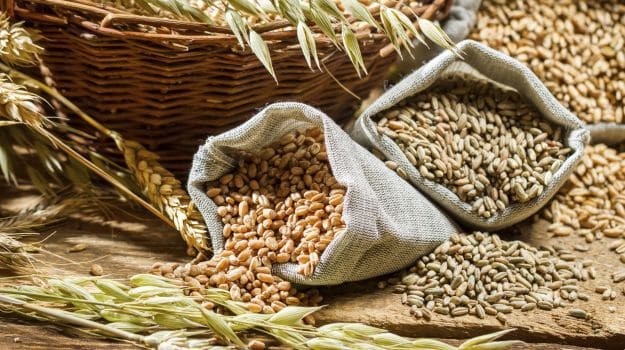
2. Eat a good amount of seasonal fruits and vegetables. 5 servings /day are recommended. Fruit juices may aggravate diarrhoea and bloating as fructose, if not absorbed, may ferment in the colon itself.
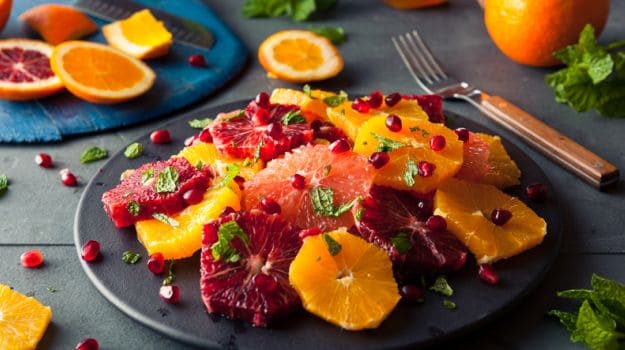
3. Try probiotics , they are “good” bacteria and help the gut become healthy. They are a wonderful treatment for IBS. There are plenty of probiotic options available in the market.
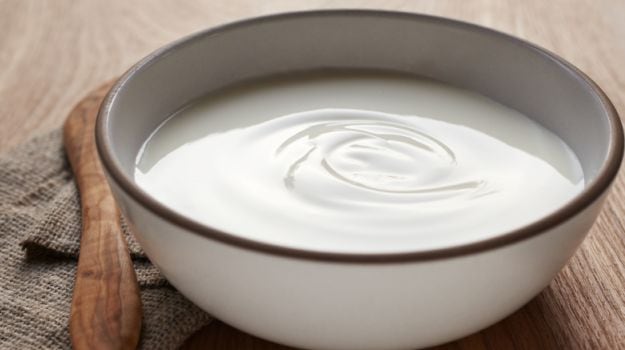
4. Do not exclude milk and milk products from your diet. Use milk as dahi in case of diarrhoea or excessive bloating. If you are lactose intolerant, include soya milk and yoghurt.
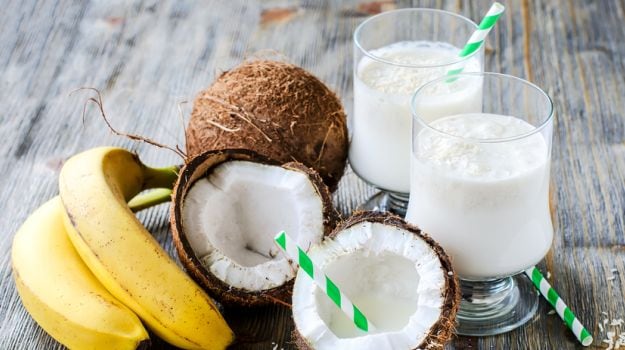
5. Eat adequate proteins in the form of meat, fish, eggs and pulses. Whole and skinned pulses must be had regularly when there is no acute symptom. Some dals like moong whole and masoor whole, cooked well, can also be had when there are mild loose motions.
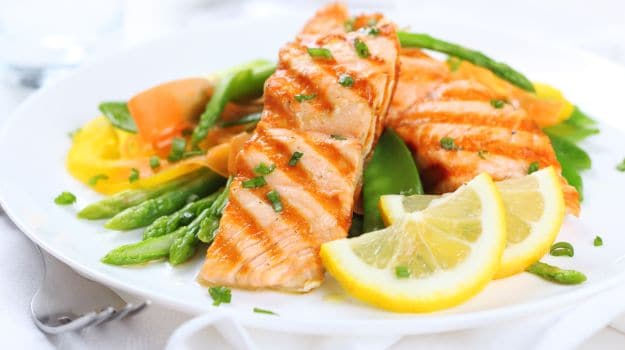
6. Limit amounts of foods which are high in fats and sugars. Go easy on butter and ghee, replace these with healthier options : vegetable oils such as Peanut oils, rice bran, soya bean oil and olive oils. Nuts and seeds can also be consumed.
7. Drink plenty of fluids – at least two litres daily, such as water or herbal teas, coconut water.

8. Caffeine and alcohol both, when consumed in excess, may cause discomfort. Keep to about not more than two cups of coffee or tea daily. Do not take these with or immediately after a meal.
9. Do not skip meals. Eat at the same time daily
10. Eat small meals with 2-3 snacks in between. Large meals have been seen to aggravate the symptoms of IBS. Chew your food, eat slowly and in a relaxed manner, relax after your meals.
11. Have an early dinner.
12. Exercise regularly, such as walking, cycling, or swimming.
13. De-stress. Hectic life style is known to precipitate symptoms, relax, take vacations, take me-time frequently.
It may not be wise to hope for an absolute cure for IBS. This is probably why trial and error seems to be the biggest part of the solution. With the help of these dos and don’ts, you can figure out which food groups help bring relief and which ones trigger your symptoms. If you know of any remedy which has worked well for you, please feel free to leave it behind under our comments section.
[“source-ndtv”]










